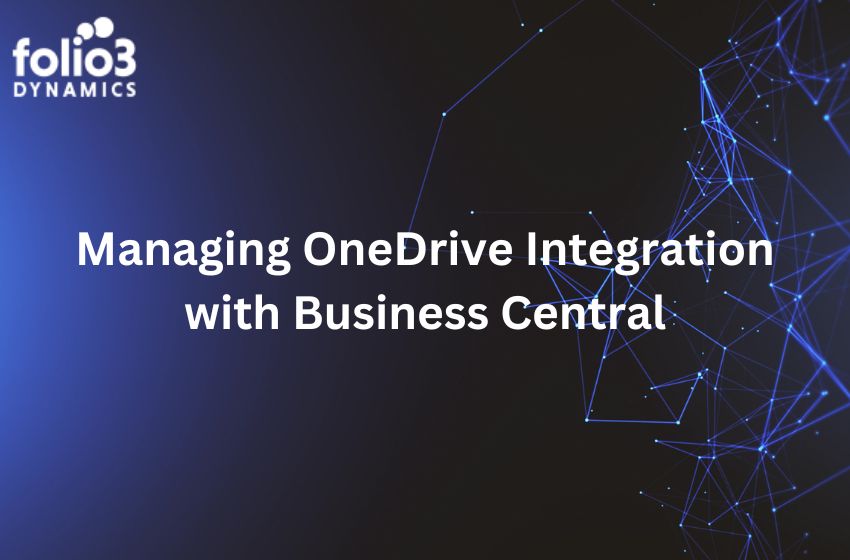Businesses have to ensure accuracy and efficiency in every department and in this industry, where changes are being made every moment, you need to have something to constantly monitor the impact of such changes on your performance. Such changes need to be adapted by your organization because if not, your company as a whole may suffer. Your performance may be affected, you might not be able to maintain the level of productivity and efficiency your customers expect you to, you might not be able to satisfy your customers and ultimately, you might not be able to generate huge profits or your company may even go into losses.
Therefore, you need to make sure that your business doesn’t get affected by such changes, which is why you need to use key performance indicators (KPIs) to monitor your overall performance.
Accounting teams gain insights into such changes by tracking specific key performance indicators (KPIs). Accountants monitor such KPIs to keep a record of:
- Satisfaction level of the clients
- Cash flow
- Overall performance of the department
- Reporting
Accounts always have to be able to make informed decisions which makes accounting KPIs a necessity for accountants. Every single aspect of an accounting firm’s operation demands regular tracking of such KPIs. Therefore, this article is a guide for you to understand what accounting KPIs are and why these KPIs are so important for accounting firms.
What are Key Performance Indicators?
Key Performance Indicators or KPIs in simple words are metrics that help you optimize your performance by closely monitoring the processes in your business. These metrics are the quantifiable measurements used by companies all around the world to supplement their efficiency and estimate their performances in day-to-day operations to make improvements when and where required. This not only increases the overall productivity and efficiency of the company but also lets workers know their weak points.
Why Are Key Performance Indicators Important?
Key Performance Indicators (KPIs) have been used by several businesses to optimize their performance. Many industries make very wide use of such KPIs to increase their productivity. KPIs are a great way to measure the success of a company and its employees. These metrics, if used properly and adequately, can turn your newly started business into a successful one. They help businesses specify if they are running according to their business objectives or not and if they are following the right track to achieve their goals.
If you belong to the business industry, you must be aware of the term key performance indicators. But if not, here’s a summary of what they are:
- Key Performance Indicators (KPIs) are metrics of measuring tools that estimate how successful an organization is at accomplishing its goals. They help companies know if they are following the right path or not and if this path will lead them to success or not. Additionally, KPIs are also used as a tool for measuring employee performance and satisfaction so that they can make sure they’re addressing any issues before they become more serious problems.
What is Accounting KPIs?
An accounting Key Performance Indicator (KPI) or metric is a quantifiable measure used widely by accountants to estimate the overall performance of the department. Accounting KPIs are commonly used and their usage usually varies according to the demands of the accounting function they perform.
Accounting KPIs are usually used for analyzing and reporting data related to finance. This data can then be utilized by stakeholders including suppliers and investors to make informed decisions.
Accounting itself is a broad subject, accounting KPIs are usually tailored according to the demands and necessities of the organization because they are important to evaluate the performance of the accounting department.
Why Use Accounting KPIs?
KPIs used for businesses are tools that measure and track the progress of your company in essential areas. These KPIs provide you with a general picture of how your company is performing. When you gain insight into your business, it becomes easier for you to make necessary changes in the underperforming areas or areas where improvements need to be made. This attitude prevents serious losses and can help you generate good revenues.
You can measure the effectiveness of your efforts with the help of such metrics. You can ensure the long-term sustainability of your company and help increase the value of your business. Stakeholders also tend to invest more often in companies that follow all these steps and ensure that their customers are their priority.
Examples of most commonly used Accounting KPIs
There are many accounting KPIs used commonly by the accounting departments of organizations. All such organizations have priorities and their priority is to identify and comprehend the effect of financial changes depicted by your accounting KPIs on your business. They then use these insights to make changes and improvements to correct all issues related to policies, processes, or products.
Accountants usually use many accounting KPIs all at once. But there are a few KPIs used commonly by the account. Here we mention the most commonly used Accounting KPIs.
Operating Cash Flow
Operating cash flow needs to be regularly monitored and analyzed because it allows you to understand your ability to pay for certain processes. It allows you to keep a record of your expenses on delivery processes and routine operating expenses. This accounting KPI is usually used concerning total capacity which shows whether your company and the processes generate sufficient revenue or not for the amount of effort and investment you put into the procedures.
Working Capital
The immediately available cash in the accounting department is termed working capital. You can find out your working capital by subtracting the existing liabilities of your business from the existing assets.
Working capital includes commodities such as cash on hand, accounts receivable, short-term investments, accounts payable, accrued expenses, loans, etc.
This accounting KPI tends to inform you of the situation of your business. It tells you about the operating funds available to your company.
Current Ratio
The current ratio KPI tells you if your company is in a position to meet its financial obligation or not. You can calculate the current ratio by dividing the total assets by liabilities which gives you awareness of the solvency of your business.
The current ratio also makes you aware that your company can maintain the level of credit rating required to thrive.
Debt to Equity Ratio
Debt to equity ratio is another very important accounting KPI used to determine the stability of your business. It tells how well your company is funding its growth.
It can be estimated by measuring the business’s total liabilities compared to the shareholder’s equity. In addition to determining if the company is funding its growth in a good way or not, accounting KPIs also determine if your shareholder’s investment is being used wisely or not.
The value of the debt-to-equity ratio indicates if your business is profitable or not. A high value usually indicates that the debt has been accumulated and input is being out to grow.
Expenses Vs. Budget
Expenses vs budget KPI is usually measured by drawing a comparison between the actual expenses and the budgeted amount. This comparison can help you get an insight into where your budget got disturbed and how some budgeted spending went off track. This way you can budget more tightly and effectively and increase your productivity.
When you know the variance of the amount between the total assumed expenses and the total actual ratio of revenues to expenses, you tend to make amendments to increase your productivity. Additionally, you also become an expert in determining the relationship between your business’s operation and the operations or processes running in your accounting firm.
Additional Accounting Key Performance Indicators
In addition to these above-mentioned accounting KPIs, certain other accounting KPIs need to be tracked and gauged. These accounting KPIs are gauges in different areas of finance, marketing, production, purchasing, customer services, and several others. Here are a few examples of other KPIs used in other departments:
- Cost Ratio of. Customer acquisition to lifetime value
- Customer acquisition cost
- Customer profitability score
- Relative market share
- Subscription fees
- Product maintenance fee
- Revenue growth rate
- Cash conversion cycle
- Recurring revenue proportion
- Recurring revenue growth rate etc.
How can Microsoft Dynamics 365 help with Accounting KPI?
Accounting KPIs are a critical part of running your business. They’re the metrics that tell you whether or not your company is performing well, and help you make informed decisions about how to improve performance. Accounting KPIs are also a key part of any company’s financial management process.
Microsoft Dynamics 365 helps you create accounting KPIs that can be used by anyone in your organization—from accountants and bookkeepers to managers, executives, and everyone in between. Accounting KPIs can be used in Microsoft Dynamics 365 to track any type of financial data related to your business including sales, expenses, receivables, inventory levels, and more.
FAQs
What Are Key Performance Indicators (KPIs)?
Key performance indicators (KPIs) are estimates used to assess the performance of a business. KPIs can be quantitative or qualitative and are targets that can help you estimate your overall progress against the most strategic objectives you follow in your respective department.
Why are key performance indicators so important?
KPIs are important because they help you understand where you as an organization stand. It helps you set goals and gives you a deep insight into if you are making progress or not, if you are achieving your goals or not, and if you’re headed in the direction you want.
What KPI selection mistakes should you watch out for?
There are 2 common mistakes organizations usually make while selecting a KPI:
- Select KPIs you’ve always measured.
- Select KPIs that are the easiest ones to measure.








